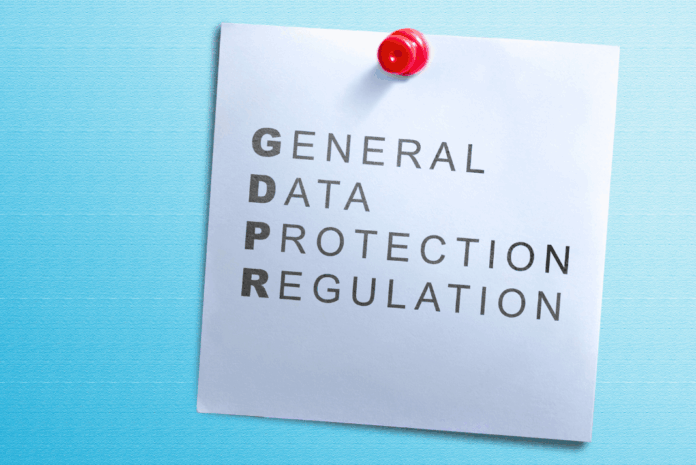If you’re self-employed, you probably handle other people’s personal information daily, such as customer email addresses and payment details on invoices.
Even as just one-person, data protection laws apply to you if you’re operating within the UK. Understanding your responsibilities can help you avoid mistakes, protect your business reputation, and build more trust with customers.
Here’s what every sole trader and freelancer needs to know in 2025.
What Data Protection Laws Apply in the UK?
As of now, data protection in the UK is governed by the UK GDPR and the Data Protection Act 2018. These rules apply to any business — no matter how small — that “processes” personal data.
And processing means just about anything you do with someone’s information: collecting it, storing it, emailing it, or deleting it.
If you run a small business and you handle client names, email addresses, payment information, or booking details — you’re covered by these laws.
Do Sole Traders Need to Comply with UK Data Protection Laws?
There’s no exemption just because you’re self-employed. If you collect or store personal details about living people in the course of your work, you’re considered a data controller.
Examples include:
- Sending quotes or invoices to clients
- Keeping contact info in your email or CRM
- Taking bookings through Instagram, WhatsApp or other tools
- Managing temporary or freelance staff details
NOTE: If you handle more sensitive info, such as health conditions or ethnicity, you’re dealing with special category data, which comes with stricter rules.
Your Main Legal Duties as a Data Controller
The UK GDPR is built on seven principles. Here’s what they mean in practice:
- Be transparent about what data you collect and why
- Only collect what’s necessary for your business
- Keep it accurate and up to date
- Don’t keep it longer than needed
- Keep it secure, both physically and digitally
- Be accountable, which means documenting decisions and having policies, even if basic
- Respect people’s rights, such as their right to see the data you hold
6 Practical Steps to Stay Compliant
Map the Data You Hold
Start with a simple audit. What personal data do you collect? Where do you store it, for example, email inboxes, cloud storage, mobile apps? Why are you collecting it?
Understanding your data habits helps you keep things lean and compliant.
Be Ready for Subject Access Requests (SARs)
People have the right to ask what data you hold on them; following this, you have one month to respond.
This includes past clients, contractors, or anyone who’s interacted with your business. You can’t charge a fee (unless the request is excessive), so it pays to keep your data organised and easy to find.
Write a Privacy Notice (Yes, Even If You Work Alone)
If you collect personal data through a website, app, form or even email, you need to tell people:
- What data you’re collecting
- Why you need it
- How long you’ll keep it
- How they can contact you about it
Keep it short, clear, and easy to find on your website and/or as part of your onboarding or quote process.
Secure Your Devices and Apps
You’re responsible for protecting personal data, even if it’s on your phone or laptop. At a minimum:
- Use strong passwords and enable two-factor authentication
- Install software updates regularly
- Encrypt sensitive files
- Back up important data in secure cloud storage
If you use third-party services (e.g. payroll tools, email marketing software), check they’re compliant too and that their stated responsibilities are documented in your contract or service level agreement.
Don’t Keep Data ‘Just in Case’
Only keep what you need. Avoid holding onto old client records, email threads, or expired invoices unless you have a legal or business reason.
Have a clear system for deleting or archiving out-of-date information.
Know What to Do if Something Goes Wrong
If personal data is lost, stolen, or accessed without permission (e.g. via a hacked email or lost laptop), you may need to notify the ICO within 72 hours.
The ICO will want to know what happened, what steps you took to protect the data, and what you’re doing to fix the issue. In most cases, especially for small businesses, they’ll offer guidance — but they can also issue fines.
Why GDPR and Data Protection Laws Matter
Data protection might feel like red tape, but it’s about more than ticking boxes. It’s about respecting your clients, protecting your reputation, and making sure your business is prepared if something goes wrong.
Even sole traders are being held to higher standards and customers are more likely than ever to ask how their data is being handled.
By getting the basics right now, you’ll put yourself in a stronger position for the future and stand out as a more trustworthy and professional business.
Small businesses access unsecured, fast funding from Got Capital. As an alternative lender, Got Capital offers financing solutions specifically designed for and catered to the needs of SMEs, free from personal guarantees.

